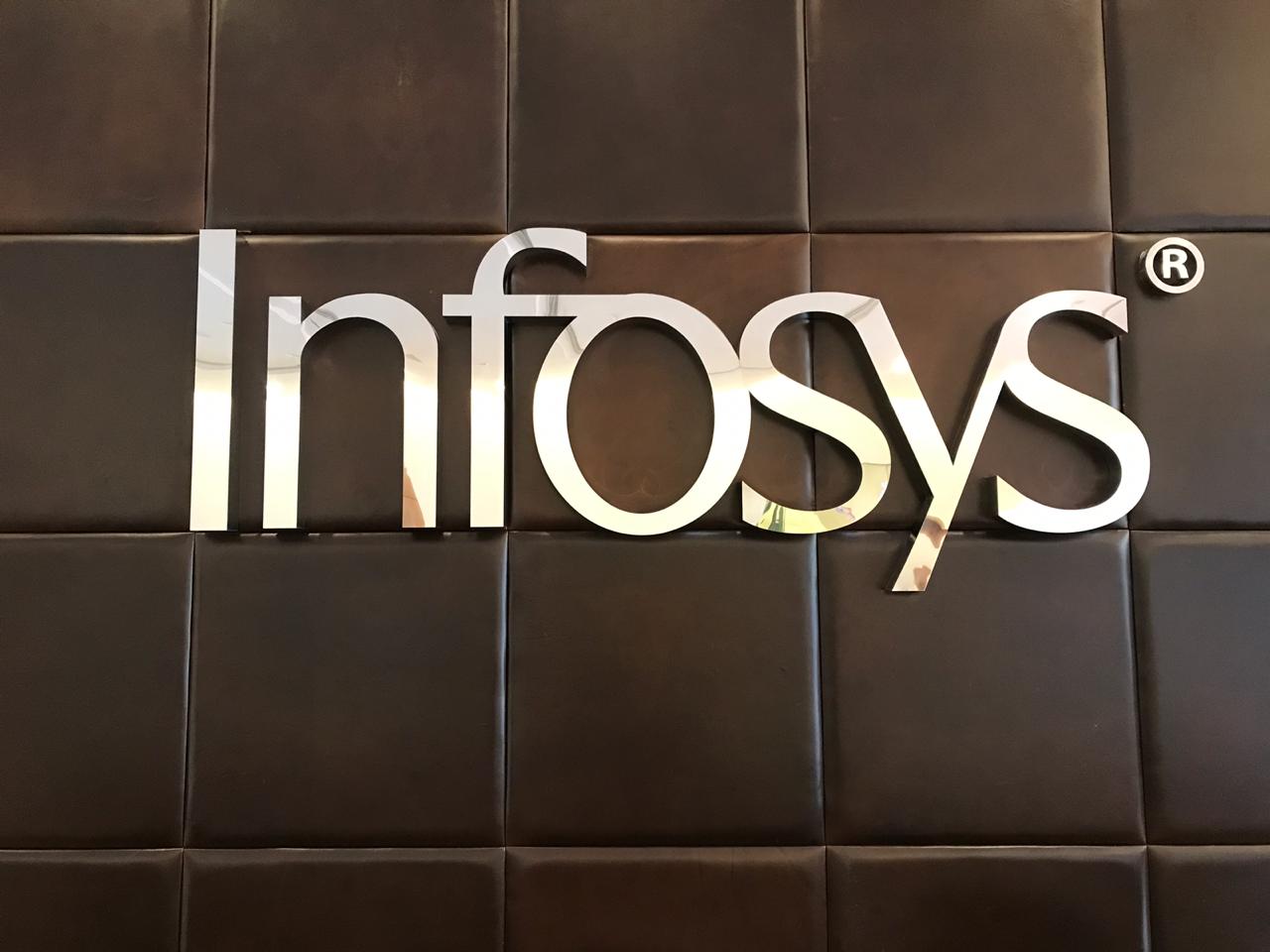Harish Salve, Adani Group Chairman Gautam Adani’s former lawyer and ex-solicitor general of India, told a news channel that Supreme Court’s verdict on Wednesday about the Adani-Hindenburg case is “more than just a vindication” for the conglomerate.
Supreme Court on Wednesday said the Adani Group does not need to face more investigations beyond the current scrutiny of the market regulator Securities and Exchange Board of India (SEBI), a major relief for the conglomerate hit hard by the US short-seller’s allegations of wrongdoing.
The Supreme Court, which was ruling on cases brought by public interest litigants seeking a special investigation team to probe the matter, said “the facts of this case do not warrant” such a change, even though the court had the powers to transfer the investigation.
The verdict signals there will not be increased regulatory or legal risk on the Adani Group beyond the current SEBI investigation.
Speaking to NDTV, Salve said the judgment “restores the importance of the rule of law and separation of powers”.
“The rule of law became a casualty. The principle of separation of powers was breached when courts started to interfere with the investigating agencies and regulatory agencies. In the long run, democracy cannot survive if these two vital principles are sidestepped,” he added.
In its verdict on a batch of pleas on the Adani-Hindenburg row, the apex court noted that to assail the adequacy of the SEBI probe so far, the petitioners have sought to rely on a report published by OCCRP and referred to by various newspapers.
A bench headed by Chief Justice D Y Chandrachud noted that the petitioners’ case appears to rest solely on inferences from the report by Organised Crime and Corruption Reporting Project (OCCRP), a third-party organisation involved in investigative reporting, and the petitioners have made no effort to verify the authenticity of the claims.
“The reliance on newspaper articles or reports by third-party organizations to question a comprehensive investigation by a specialized regulator does not inspire confidence. Such reports by ‘independent’ groups or investigative pieces by newspapers may act as inputs before SEBI or the expert committee. However, they cannot be relied on as conclusive proof of the inadequacy of the investigation by SEBI,” the bench said.
The bench, also comprising Justices J B Pardiwala and Manoj Misra, said the veracity of inputs and their sources must be demonstrated to be unimpeachable.
“The petitioners cannot assert that an unsubstantiated report in the newspapers should have credence over an investigation by a statutory regulator whose investigation has not been cast into doubt on the basis of cogent material or evidence,” it said.
The bench noted the petitioners have also relied on a letter dated January 31, 2014 sent by the Directorate of Revenue Intelligence (DRI) to the then SEBI chairperson.
“The letter purportedly alerted SEBI about inter alia potential stock market manipulation by the Adani group through over-valuation of the import of power equipment from a UAE-based subsidiary. According to the petitioner, SEBI did not disclose the receipt of the letter and did not take adequate action based on it,” it noted.
“We do not see any valid grounds raised for this court to interfere by directing SEBI to revoke its amendments to regulations which were made in the exercise of its legislative power,” the bench said.
It said SEBI has completed 22 out of the 24 investigations into the allegations against the Adani Group.
The bench noted the SEBI has submitted that the remaining two are pending due to inputs being awaited from foreign regulators.
SEBI has been probing the Adani Group after Hindenburg Research in January 2023 alleged improper use of tax havens and stock manipulation by the ports-to-power conglomerate.
With inputs from agencies
















